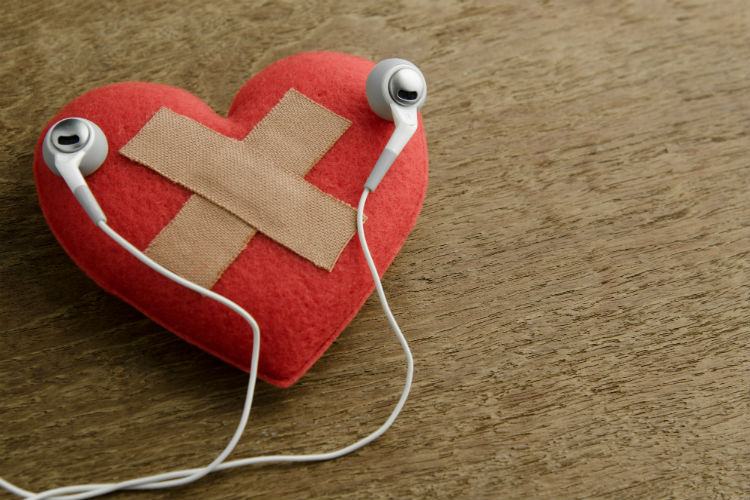
Music has served as a source of consolation, tranquility, and even physical regeneration. In recent years, its effects have been intensively investigated and meticulously recorded.
It has been demonstrated that music can alleviate pain, reduce anxiety, and increase enjoyment in assisted living residents. In this article, we will explore the healing power of music for assisted living residents.
Benefits of Music for Assisted Living Residents
Residents in assisted living communities benefit immensely from listening to music. It can alleviate chronic pain, reduce anxiety and depression, and promote socializing, to mention a few of its benefits. Some medical conditions that have responded successfully to music therapy include dementia, Parkinson’s disease, and stroke.
According to research from the University of Utah, older adults experiencing chronic pain can experience a 21 percent decrease in pain intensity simply by listening to music. This effect was magnified when the elderly listened to their preferred music. In yet another study, music was found to lower preoperative anxiety in elderly patients.
People with dementia can also benefit from music therapy, which has been demonstrated to boost cognitive performance. One study indicated that older adults who participated in music therapy sessions performed better on cognitive tests and displayed fewer behavioral symptoms than those who did not.
Types of Music Therapy for Seniors in Assisted Living
Many forms of musical therapy are frequently employed in assisted living communities. Some examples of these are:
- Listening to music: The resident can engage in music therapy by listening to recorded or live music. Individual residents’ tastes in music can be exploited to create an atmosphere of calm, relieve stress, or lift spirits.
- Singing: The act of singing has been shown to boost mood and encourage social engagement. Singing together can be a great way to meet new people.
- Playing musical instruments: Improvements in brain health and increased exercise are two benefits of playing an instrument. The elderly who take up an instrument may also find that they feel more confident and fulfilled as a result.
- Music and movement: The term “music and movement” refers to the practice of synchronizing musical sounds with bodily motions like dancing or stretching. Using rhythm and dance to get people up and moving is a great way to boost health and fitness levels.
The Role of Music in Memory Care
It has been established that music can help people with dementia retain information while in a memory care facility. Remembering and talking to others are two of music’s many benefits. Listening to music from a person’s youth can be helpful for seniors with dementia since it can bring back pleasant memories of a simpler time.
Dementia patients can benefit from music therapy in several ways, including stress relief and less agitation. In the later phases of the condition, when agitation and confusion are common, this can be very helpful for the elderly.
Conclusion
It is impossible to overstate the therapeutic value of music for residents of assisted living homes. It has been demonstrated that listening to music has a variety of positive impacts, including pain relief, anxiety reduction, mood enhancement, and enhanced mental sharpness. Among the medical conditions that have reacted successfully to music therapy are dementia, Parkinson’s disease, and stroke.
To enhance the quality of life for its patients, assisted living facilities can consider including music therapy into their care programs. Many musical activities, such as listening to music, singing, playing musical instruments, and engaging in music and movement, are beneficial to the mental, emotional, and physical health of the elderly.
Leave a Reply